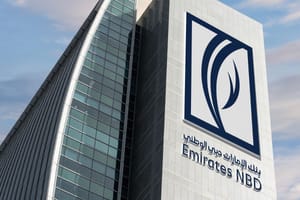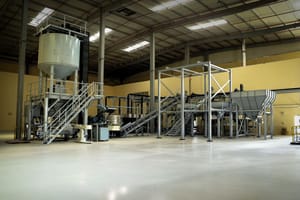In their march towards net zero government entities, policymakers and private institutions across the MENA region are putting in concerted efforts to build a robust sustainability roadmap.
It is crucial to note that tourism-related activities account for approximately 8% of global carbon emissions, therein necessitating focused attention towards decarbonisation initiatives.
Aligned with the strategic objective to the Middle East and North Africa Leisure and Amusement Council (MENALAC) has been raising awareness among its members to operate in a responsible and sustainable manner, also acknowledging their efforts through the annual MENALAC Awards.
Commenting on MENALAC’s outlook towards sustainability, its President Mishal Al Hokair said,
“Sustainability is a long-term commitment. At MENALAC, we are deeply committed to building a leisure and entertainment ecosystem that’s not only dynamic but also responsible in the way members operate, sharply focused on how their offerings and actions impact people and the planet. As a platform, we ensure learning about and sharing our experiences with members to build a robust sustainability roadmap for the entire industry.”
What are operators doing?
MAF indoor ski slope, Ski Dubai switched its high-level access systems to zero-emission electric motors, therein boosting internal air quality and lowering carbon footprint. Moreover, through its recycling efforts Ski Dubai has diverted 10,950kg of waste from landfill.
With an aim to raise awareness around protection of marine life Dolphin Bay in Atlantis Aquaventure – a MENALAC member – recently introduced three new no-contact programmes inviting guests to participate in the daily enrichment and training sessions of its pod of Indo-Pacific bottlenose dolphins. These sessions help in not only understanding dolphins but feel inspired to do their part to protect all marine life by reducing plastic in their daily life and ensuring the fish they eat are sustainably sourced.
In its efforts to generate employment opportunities for the local population while reducing carbon footprint, from early 2024 the Government of KSA plans to implement a policy wherein it will not sign contracts with foreign companies with their Middle East headquarters outside of KSA.
How to build a robust sustainability roadmap?
An increasing focus on sustainability financing for ESG [environmental, social and governance] -centric initiatives continues to be a roadblock, even as green investments in the GCC could contribute up to $2 billion in GDP and create more than one million jobs by 2030, as estimated by Strategy&.
Having said that, concrete efforts are being made in this direction. For instance, Saudi Arabia’s Public Investment Fund (PIF) listed a debut $3 billion ‘green bond’ in 2022.
Understanding the heightened risk that climate change poses for every business, the MENA region is joining hands to bring about real changemaking. The movement towards net zero has been catalysed and with global events such as COP28 scheduled to take place in the UAE later this year, 2023 promises to be environmentally transformative year for every industry, including leisure and entertainment.









